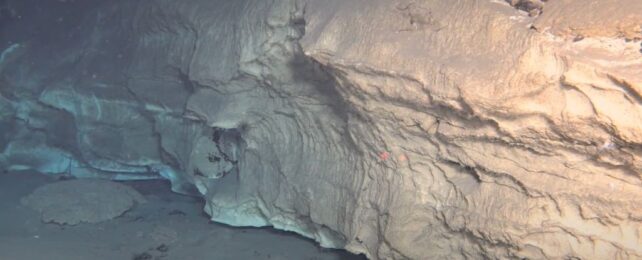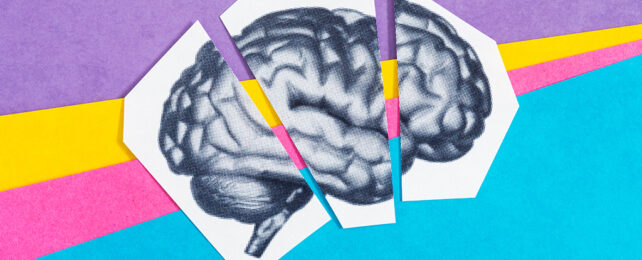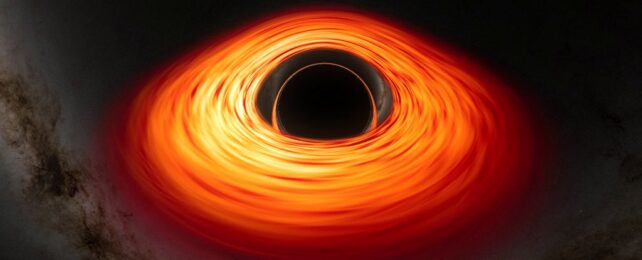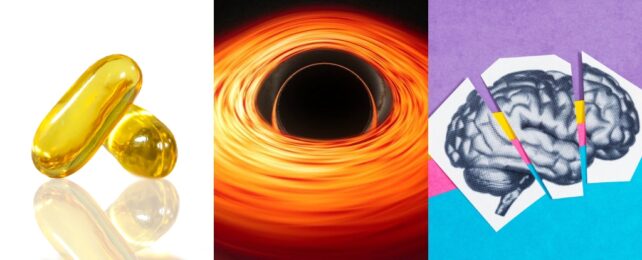This week in science: A massive undersea 'metropolis' discovered; several possible anti-aging breakthroughs; potential first evidence of a long-hypothesized type of black hole; and much more!
Earth's Seasons Are Out of Sync, Scientists Discover From Space

Satellite imagery shows that Earth's seasons are out of sync. The cycles of even relatively nearby regions have drastically different timing.
"We present an unprecedented and intimate portrait of the seasonal cycles of Earth's land-based ecosystems. This reveals "hotspots" of seasonal asynchrony around the world – regions where the timing of seasonal cycles can be out of sync between nearby locations," the researchers write.
Read the full story here.
Levels of Omega-3 Could Help Explain Women's Alzheimer's Risk

Healthy fatty acids like omega-3 may protect against Alzheimer's. The lipid molecules were found to be far lower in women with the disease.
This risk factor may explain why women develop Alzheimer's at twice the rate of men, according to the current study, led by researchers at King's College London.
Read the full story here.
Stunning Discovery Deep in The Ocean Dwarfs The Famous 'Lost City'

A massive undersea 'metropolis' has been discovered deep beneath the Pacific Ocean – a hydrothermal field spanning 11 square kilometers.
The tortuous system of deep craters and dolomite walls blows the Atlantic Ocean's famous 'Lost City' out of the water.
Read the full story here.
Switching Off One Crucial Protein Appears to Reverse Brain Aging in Mice

A protein called FTL1 has been linked to brain aging in mice. Blocking FTL1 could be a new way to prevent cognitive decline with age.
The researchers used genetic editing to overexpress the protein in young mice, and reduce its level in old mice.
The results were clear: younger mice showed signs of impaired memory and learning abilities, as if they were getting old before their time, while in the older mice there were signs of restored cognitive function – some of the brain aging was effectively reversed.
Read the full story here.
JWST May Have Found The First Direct Evidence of a Primordial Black Hole

JWST has spotted what could be the first direct evidence of a primordial black hole, an object that could explain mysteries like dark matter.
"The only scenarios that can account for such a system are those invoking 'heavy seeds', such as direct collapse black holes (DCBHs, resulting from the direct collapse of massive pristine clouds), or primordial black holes (PBHs, formed in the first second after the Big Bang)," the researchers write in their paper.
Read the full story here.
Can Vitamin D Slow Aging? A New Study Says Yes – But There's a Catch

A 5-year study of over 1,000 people found those taking high vitamin D doses had longer telomeres, a cellular marker of slower aging.
"Although these findings are exciting, it's too early to start popping high-dose vitamin D in the hope of slowing aging. However, if you're deficient in vitamin D, supplements remain a sensible choice backed by decades of research," the researchers write.
Read the full story here.
